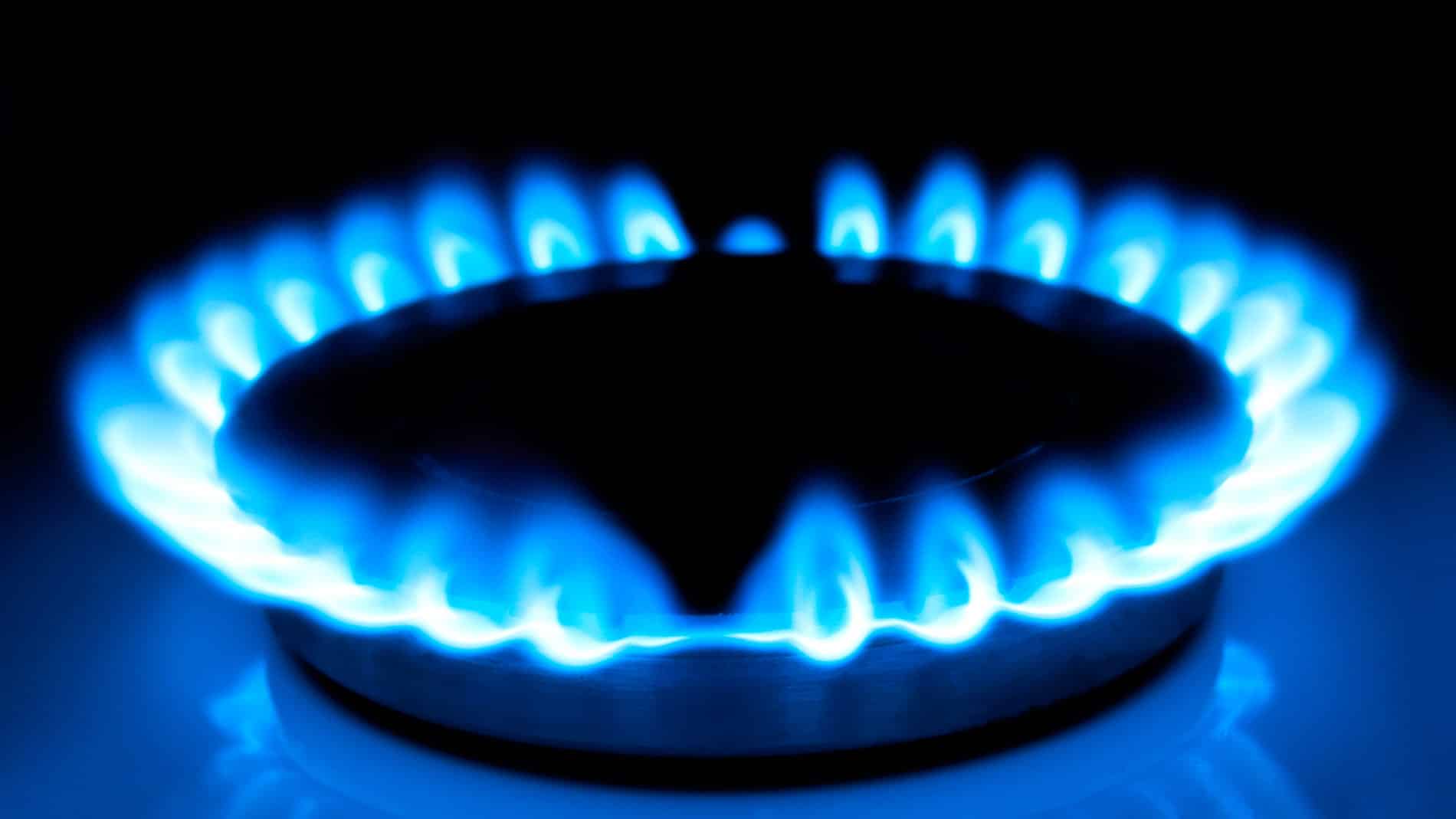‘What are my cost options?’
UK wholesale electricity and gas prices have reached prices not seen since 2008 when oil prices famously reached >$145/barrel. Clients who haven’t secured contracts with good suppliers at competitive pricing already and need to sign a new contract before 1 October 2021 are now asking: “why are prices so high?”, “what is going to happen next?” and “what are my options?” This short article will help answer those queries for you…
Wholesale Market
- During Apr/May-20, electricity and gas wholesale prices crashed to 13-year lows due to suppressed global energy demand caused by Covid-19 lockdowns.
- Since then, wholesale prices have risen significantly, and the markets are still rising. The increase has been driven by:
- Colder winter temperatures across the UK and Europe during the first half of the year boosting heating
- Hot temperatures over the last couple of months taking Europe to the other extreme of increased air conditioning demand
- Increased demand from greater business activity as lockdown restrictions are loosened
- Carbon pricing rising to an all-time high
- Prices are being supported by high levels of tender activity in the run up to the 1 Oct renewal date. Q3 is usually the busiest in the industry, meaning any clients who haven’t yet secured their new contracts will all be asking suppliers for prices at the same time, supporting high prices.
Outlook
With prices so high it’s easy to think that it’s only a matter of time before they drop. However, the reality is that prices are more likely to rise further over the next couple of months.
- The end of lockdown restrictions means business activity in the UK and Europe is growing, boosting energy demand.
- European gas in storage is extremely low for this time of year. When combined with unplanned outages to gas pipelines, nuclear plants and a lack of LNG deliveries, we’re likely to enter the upcoming winter with serious speculation about whether we have sufficient gas to last the winter.
- During the current summer months, gas demand is relatively low. But this will likely increase as we enter winter months, temperatures drop and heating demand rises.
- Lastly, since energy prices are already high, significant numbers of clients have held off from locking in their contracts (purposely or not!). But with 1 Oct just round the corner (this is the most common renewal date in the energy industry) many businesses are now going to be forced to lock their energy contracts in, otherwise they will be going out of contract. This increased tender activity boosted demand resulting in higher prices.
In the short to medium term, high prices are here to stay. So, if your renewal is coming up soon, it’s probably a good idea to get it locked away before prices go even higher.
However, once we get half-way through the winter period, if there hasn’t been any major supply disruption, we could see prices start to fall. But we don’t expect this to happen in any significant way until it’s too late for clients with 2021 renewals.
At some point in early 2022 we fully expect prices to drop significantly from the current highs. So, clients with late 2022 renewals may be able to benefit from slightly lower prices next summer.
Options and Recommendations
With prices having risen so high, it’s difficult for clients to know what they should be doing with their energy contract renewals. But our market outlook can help:
1 Oct 2021 and 1 January 2022 Renewals
- We recommend locking in your contracts urgently. Do not wait.
- With temperatures getting colder and lots of businesses still to renew, we could see even higher prices.
- It is unlikely prices will fall significantly as we go into the cold winter period
- Your current supplier/broker should have been proactively helping you plan. If not, why not. Question their value if this is not happening as to why you are in this position and what service you are receiving.
| Option | Advantages | Disadvantages |
| Do nothing – go onto “out of contract rates” | You can sign a contract when/if the market falls | You’ll being paying 25+p/kWh for electricity and 5+p/kWh for gas. This option is not recommended |
| “short” 6-month fixed price contract | You can sign a contract in February or March. If we have a mild winter the market should have fallen by then | The cost will be c.15% more than a 12-month contract |
| 12-month fixed price contract next year (mid-2022) | You can sign another contract in summer 2022, the market should be more favourable unless this coming winter (21/22) is very challenging | You have to absorb a significant price increase until then |
| “long” 24 month or 36-month fixed price contract | The cost will c.5% to 10% less than a 12-month electricity contract and for gas the saving is 10% to 20% | You are buying “year 2” and “year 3” at lower prices than “year 1” but the absolute prices are still relatively high |
| Flexible contract (for larger customers) | You can stagger your purchases and wait until later before buying in 2022 | In the first six months the cost will be c.15% more than a 12 month contract |
1 Apr 2022 Renewal
- Risk averse clients should lock in immediately, while other clients may be willing to risk waiting to lock in during Feb/March.
- Feb/March is the tail-end of winter, so prices haven’t usually fallen much by this time. But with prices peaking so early we could find they have fallen by Feb/March. Waiting is a big risk but some clients may consider it.
1 Oct 2022 Renewal (or later)
- We recommend waiting until next year. Once Spring has arrived the winter risks should have subsided, so the market is likely to slide.
- Aim to lock your contracts in approximately March-July.
Please note, the above recommendations are indicative. Exact timing will depend on how the market evolves over coming months.
Marr Procurement has supported over 50 clients across Care, Charity and Social Housing (as well as other industries) benchmark their energy costs to select the best fit supplier and costs. Where you are struggling with capacity or capability, our expertise will help you ensure you buy the right fit solution for your business. Don’t allow money to leak out from the bottom line for years to come by making poor decisions now!
In addition, through our supplier network, we are able to facilitate a complimentary 60-minute risk management overview for existing and prospective clients. The topics covered in this session would include:
- Summary of the energy markets and associated supply contract products available
- Scenario back testing based on a number of appropriate risk strategies
- Risk policy recommendations and next steps
If this is of interest, please do get in touch to confirm your interest to attend a group session.
Please get in touch with Procurement Director James Ball on james.ball@marrprocurement.com or 07795 236664 if there is anything in this article you would like to discuss further.

James Ball – Procurement Director

